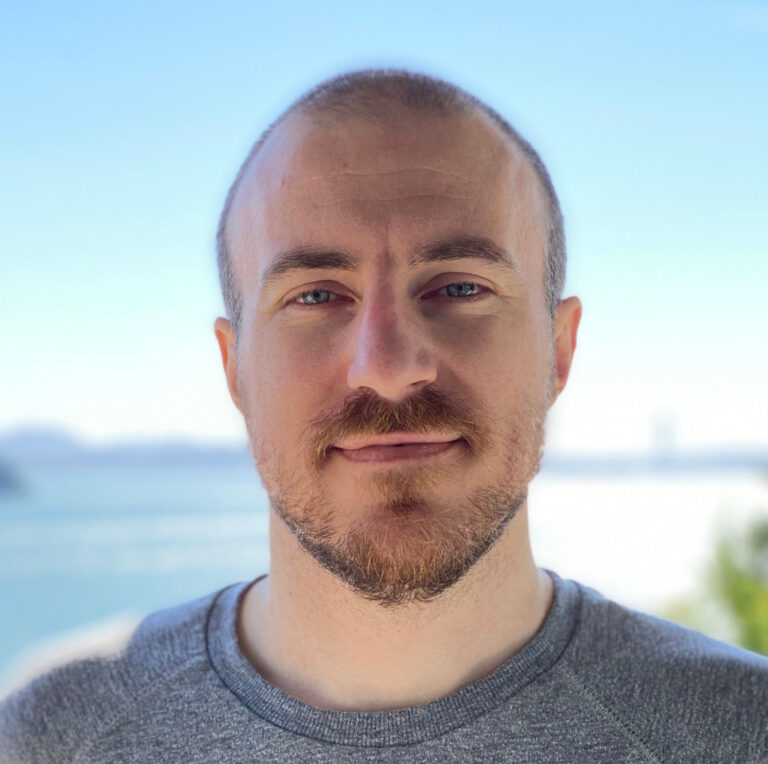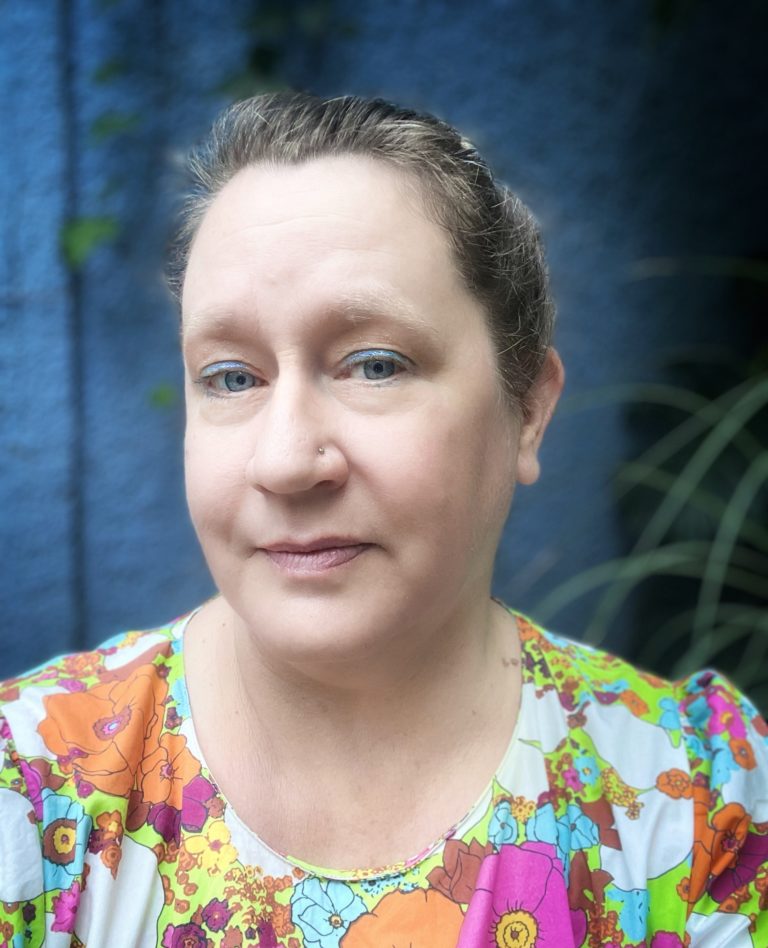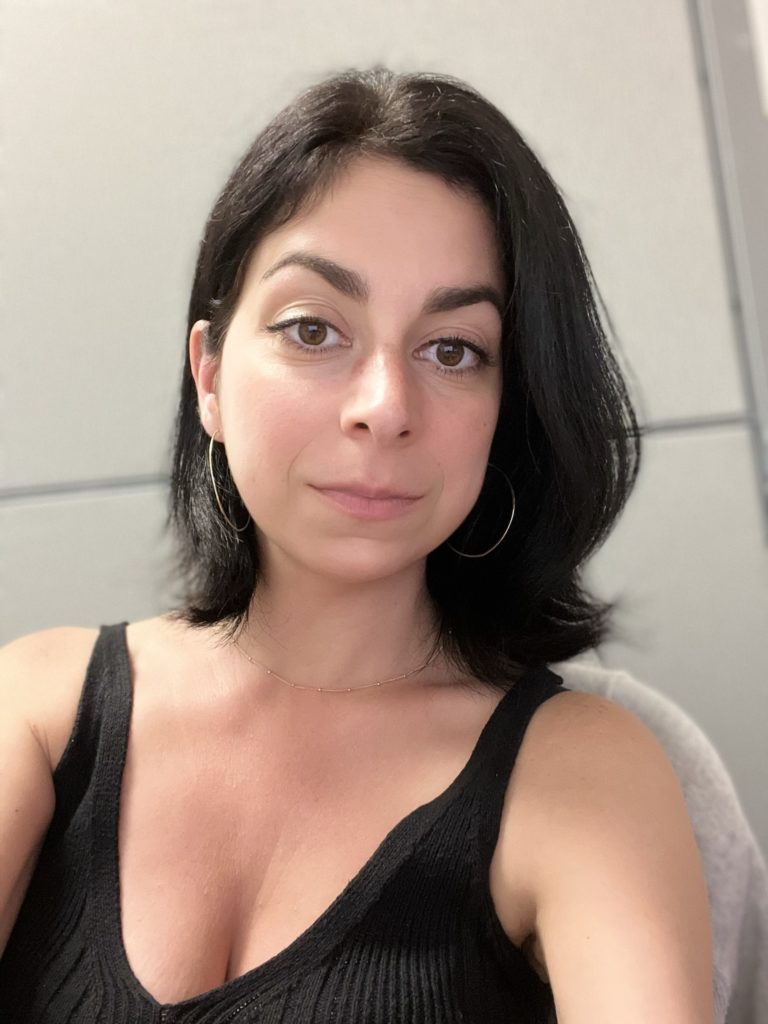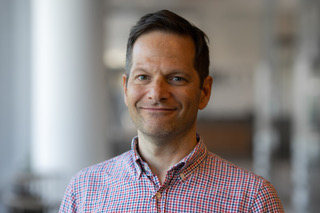Our peer support volunteers are the heart and soul of the Pheo Para Alliance. Some volunteer to moderate our monthly support meetings. Some give their time to provide one-on-one support to those who request it. And all are well acquainted with the challenges that a diagnosis of pheochromocytoma/paraganglioma presents, because they are patients themselves.
If you’d like to join our peer support team, follow this link to let us know you’re interested!
Pheo Phriends and Para Gang

Linda Rose-Krasnor, MASc, PhD
Chair, Board of Directors, PPA
Linda Rose Krasnor is currently a Professor Emeritus at Brock University, which is located in southern Ontario, Canada. She is a developmental psychologist, with particular research interests in social development and youth engagement. In addition to her teaching and research responsibilities, Linda served as President of the Brock faculty union and was active in the University Senate, serving terms as Chair of the Senate’s Governance and the Planning, Priorities, and Budget Advisory committees. Since becoming involved in the Pheo Para Alliance, Linda has been part of the peer support initiative, helping to develop the peer support training module and facilitating the monthly peer support calls.
Although asymptomatic, in 2009 Linda was assessed for pheocromocytoma/paragangliomas following the diagnosis of multiple paraganglomia in three close family members. Linda’s testing indicated bilateral neck paragangliomas, which subsequently were determined to be glomus vagale tumors. One was been surgically removed in 2016, with accompanying vagal nerve damage resulting in a paralyzed vocal cord and Horner’s Syndrome. With further surgery and extended speech therapy, Linda’s voice has recovered and she is being monitored yearly for growth in the remaining tumor. Linda and her family have the SDHD mutation.
In her role as a Board member, Linda is looking forward to helping advance the important and much needed educational, support, and empowerment functions of PPA and to strengthen its critical role in promoting research into prevention, diagnosis, and treatment. She is specifically interested in increasing our understanding of the socio-emotional implications of living with pheo/para, especially for children and youth.
Linda received her B.A. in psychology from Boston University and her M.A.Sc. and Ph.D. in developmental psychology from the University of Waterloo. In addition to her work with PPA, Linda volunteers as a leader of adult and children’s bereavement groups for Hospice Niagara.

Paul Stoughton
Peer Support Volunteer
Paul is a Sound Designer working in video game development in the Seattle area. He was born in San Diego, California and grew up enjoying the beach and playing music in bands with his friends. After high school he left California to attend a digital arts college in the SF Bay Area, launching his career in interactive audio design. He loves music, recording sounds, long walks with his 1 year old golden retriever named Ramen and spending time with his newlywed wife Nikki.
He was first diagnosed with Paraganglioma at age 16, resulting in a long abdominal surgery to remove two tumors. It wasn’t until 14 years later that the disease returned, sending him through another round of surgeries to remove recurrent and metastatic disease. He’s currently eight years past this milestone and grateful for every tumor free year since. His priority now is enjoying a balanced life, enjoying the moment, and helping others navigate this disease.
Jennifer Manzo
Patient Engagement Committee Chair, Peer Support Volunteer
My name is Jennifer Manzo and I’m from Long Island, New York. I have been volunteering with the Pheo Para Alliance since January of 2021, mostly as a Peer Support Meeting facilitator and member of PPA’s Patient Engagement Committee. Recently, I was appointed Chair of the Patient Engagement Committee.
I am a pheo patient who was diagnosed with bilateral pheochromocytomas in February 2020 after nearly a decade of symptoms. In September 2020, I had surgery to remove both adrenals as well as a pancreatic neuroendocrine tumor. As a result of my bilateral adrenalectomy, I now live with adrenal insufficiency. Genetic testing has revealed that I carry a MAX mutation, which requires regular follow up to check for recurrence. In addition to my pheo diagnosis, I also have a history of neuroblastoma as an infant.
Despite the challenges that have come along with my diagnosis, I’m incredibly grateful for what I feel is a second chance at life. Volunteering with the Pheo Para Alliance has granted me the opportunity to give back while connecting with others affected by pheo and para. I love connecting with patients during our peer support meetings and welcome messages from anyone who wishes to connect one-on-one as well!

Tamara Thiedeman, LCSW
Peer Support Volunteer
Tamara Thiedeman, LCSW lives in Albuquerque, New Mexico, and is a social worker working in higher education. She was diagnosed with pheochromocytoma and had an adrenalectomy in 2012. She has volunteered with the Pheo Para Alliance since 2019.
Paul Kaczmarek
Peer Support Volunteer
Paul Kaczmarek is a Partnerships and Sourcing Officer for an international aid organization. Over his career, he has worked in internationally-focused roles. Previously, Paul facilitated sub grants to organizations in over 20 countries for Columbia University, and in the field of U.S. refugee resettlement in Boston and Washington, DC. He also managed grants at the Nuclear Threat Initiative in Washington.
Paul has lived in several places, including Tbilisi, Republic of Georgia, where he taught English as a Second Language to members of the government judiciary. Currently he lives in Glens Falls, New York. He loves the pace of life and the close community in the North Country, not to mention the abundance of snow in the winter and beautiful seasonal weather year-round. Since 1998, Paul has taught English as a second language, mostly to students from Russia and Ukraine. He gained Russian language skills in college and attained a Master’s Degree in Russian Studies.
Paul was diagnosed with a pheochromocytoma in 2017 after three years of trying to get doctors’ attention to serious blood pressure highs and dizziness he was experiencing. After having both adrenal glands removed, he was diagnosed with a genetic mutation on the MAX gene in 2019. This came after having been diagnosed with epilepsy, type 1 diabetes, and celiac. Despite this unique set of health setbacks, Paul remains optimistic and manages things one day at a time.
Serving the Pheo Para Alliance as a moderator for monthly peer support meetings allows Paul to share his experiences and give people room to feel comfortable sharing their own concerns and grief.
Courtney Kelly
Peer Support Volunteer
Courtney Kelly was diagnosed with a Pheochromocytoma in 2019 after months of seeing Dr’s
for debilitating headaches, sweating, weight and hair loss. Being told she had “anxiety”, “white
coat syndrome” and “menopause” she knew in her gut something was wrong.
After a yoga class with girlfriends, her left arm and left side of her face went numb and she
ended up in the ER with blood pressure of 210/110.
Thankfully her ER Dr. tested her for a Pheo.
Courtney has found inspiration in speaking with medical students through Global Genes Allies and
Rare Diseases . She’s also committed to helping newly diagnosed patients embrace their
journeys of diagnosis, surgery and recovery through the Pheo Para Alliance.
Courtney is currently in a study for the effects of Pheochromocytoma on Central Serous
Retinopathy.
Additional volunteers (bios coming soon!): Brion Bear, Lori DeBane, Jennifer Dreussi, Tanisha Grant, Tony Kipkemboi, Sheila Niebles.


